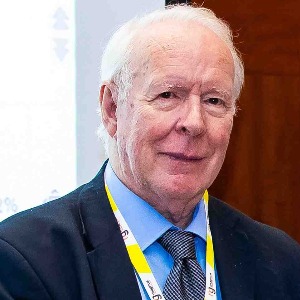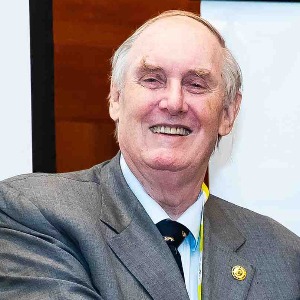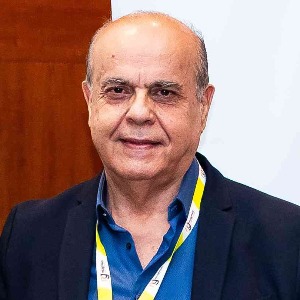Alveolar Bone
The alveolar bone proper is the thickest portion of alveolar bone and is composed of both cortical and cancellous bone. This portion of the alveolar bone serves to support the teeth and is responsible for the majority of the tooth’s root structure. The cribriform plate is the thinner portion of alveolar bone and contains the nutrient foramina. This portion of the alveolar bone is responsible for providing the blood supply to the tooth. In dentistry, alveolar bone plays an important role in the maintenance of oral health and the prevention of disease. Alveolar bone provides the necessary support for the teeth and can be affected by a variety of factors, including periodontal disease and trauma. When periodontal disease causes the alveolar bone to deteriorate, the teeth become loose and may eventually be lost if the condition is left untreated. Trauma to the alveolar bone can also cause the teeth to become loose and can lead to the tooth being lost. In order to preserve the health of the alveolar bone, it is important to maintain good oral hygiene, including brushing and flossing regularly. In addition, regular dental visits are necessary in order to detect any changes in the alveolar bone and to identify any potential problems. In cases of severe periodontal disease, alveolar bone grafting may be necessary in order to restore the integrity of the alveolar bone and to prevent further deterioration. Alveolar bone is an important component of oral health and is essential for the maintenance of healthy teeth and gums. In order to preserve the health of the alveolar bone, it is important to practice good oral hygiene and to visit the dentist regularly.

David Geoffrey Gillam
Queen Mary University of London, United Kingdom
Christopher Turner
Spacemark Dental, United Kingdom




Title : Evaluating hygienist follow up for head and neck oncology patients in secondary care: Results from a two cycle audit
Peter Basta, Newcastle Dental Hospital, United Kingdom
Title : Atypical facial pain unravelled
Christopher Turner, Spacemark Dental, United Kingdom
Title : New treatment of temporomandibular disorder through muscle balance and muscle regeneration by activation of quiescent muscle stem cells( satellite cells) with mitochondrial dynamics
Ki Ji Lee, National Reserach Foundation & Busan Medical University, Korea, Republic of
Title : MRONJ and ORN: Referral or management in primary care? Navigating guidelines in the context of long waiting lists
Alisha Sagar, NHS England, United Kingdom
Title : Managing the unexpected: An Insight into supernumerary teeth
Bahar Gharooni Dowrani, Guy's and St Thomas' NHS Foundation Trust, United Kingdom
Title : Laxative prescribing for post operative head and neck cancer patients at Derriford Hospital
Pui Sze Kylie Li, Cardiff and Vale University Health Board, United Kingdom